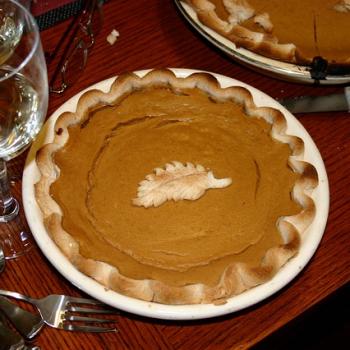Today’s guest post comes from Raully Donahue. Donahue took a PhD in European history from Notre Dame into upper Michigan to raise three boys. Now that the boys are grown, he is trying to figure out what he wants to do with his life. Here he shares his observations on Christian scholarship and the Christian public. One of my standard conversation openers at parties is to ask this question: “Why is C. S. Lewis one of the most revered... Read more

















